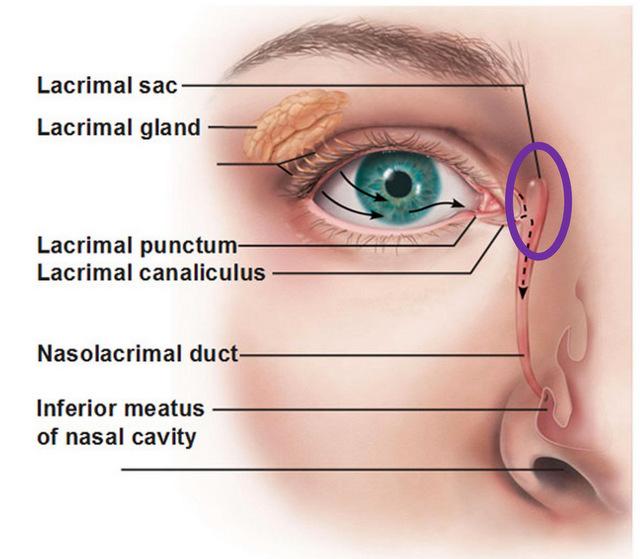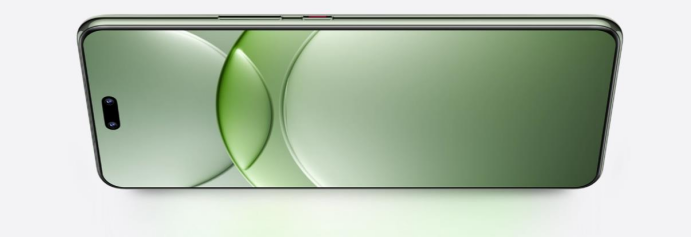I have yet to find eye drops that do not make my eyes sting.
I’m not talking about medicated eye drops — just run-of-the-mill anti-redness and anti-itching eye drops. After one more instance of squinting in momentarily increased agony, before relief set in, I decided to look into this. Why would a product designed to ease irritation cause more of it?
“Preservatives,” says Dr KP Manjunath, an ophthalmologist with SPARSH Super Specialty Hospital in Bangalore. Apparently, the preservatives included in the drops to keep them fresh while they sit on the shelf can cause momentary irritation. It does no harm, he says.
Visions of breaking, tainted-baby-formula journalism withered where they bloomed.
Thank you, sir, have a good day. Sorry for taking up your time with my WebMD-ified night terrors.
“Look at misuse and abuse,” Dr Manjunath says, as I’m about to hang up in embarrassment. “Because there is access, you don’t know what [kind of eye drops] people are buying.”
And a lot of people are buying the wrong kind of eye drops, he says.
I knew it.
It may not be deep investigative reporting, but Dr Manjunath proceeds to set the record straight for me on what kind of eye drops to use, and what kind of eye drops to avoid.
The first thing to avoid is any drops that contain steroids.
“Obviously a steroid will make [eyes] feel better, but it doesn’t serve the purpose, and it may harm them,” he says. Steroid eye drops are typically used to treat major eye inflammation, as might occur with an infection. But used outside of that to treat minor inflammation or irritation, steroid eye drops thin the optic nerve, contributing to glaucoma and cataracts over time. It’s an easy type of damage to spot, for an ophthalmologist, but something that will likely go overlooked by the user until the damage is done.

And only
people with eye infections, like conjunctivitis, should use eye drops that contain antibiotics. Using an antibiotic eye drop when you don’t have an infection can contribute to antibiotic resistant strains of bacteria, which is “not good for them, neither is it good for the community,” Dr Manjunath says.Finally, there are anti-allergy eye drops, which typically contain antihistamines. These are fine to take — though they may not help unless the redness and itchiness is actually caused by an allergy.
What about herbal eye drops? I ask. I’ve used them a few times, and they were the only drops that didn’t make my eyes sting immediately (probably because they don’t contain preservatives).
Many people prefer Ayurvedic eye drops, or rose water, for rinsing their eyes, Dr Manjunath says, but, “we usually tell them we don’t know what it does and how it works. Myself, personally, I’m not comfortable using them on myself.”
So, I just have to put up with the stinging in order to get the relief?
Not at all — just look for preservative-free eye drops, he advises.
Especially eye drops without benzalkonium chloride, or BAK. BAK is highly effective at preventing the growth of fungus and bacteria in eye drops, making it a common preservative, but it can also have
negative effects
that cause more dryness and redness over time. Polyquad is a popular alternative to BAK, and doesn’t cause the same damage to the eye, but since it is from the same chemical class, it may still sting initially.
Eye drops that do not contain these preservatives, but do contain lubricating agents like carboxymethylcellulose (CMC) or hydroxypropyl methylcellulose (HPC), should give relief to generally dry, red or itchy eyes without aggravating them further, Dr Manjunath says.
Case closed.




